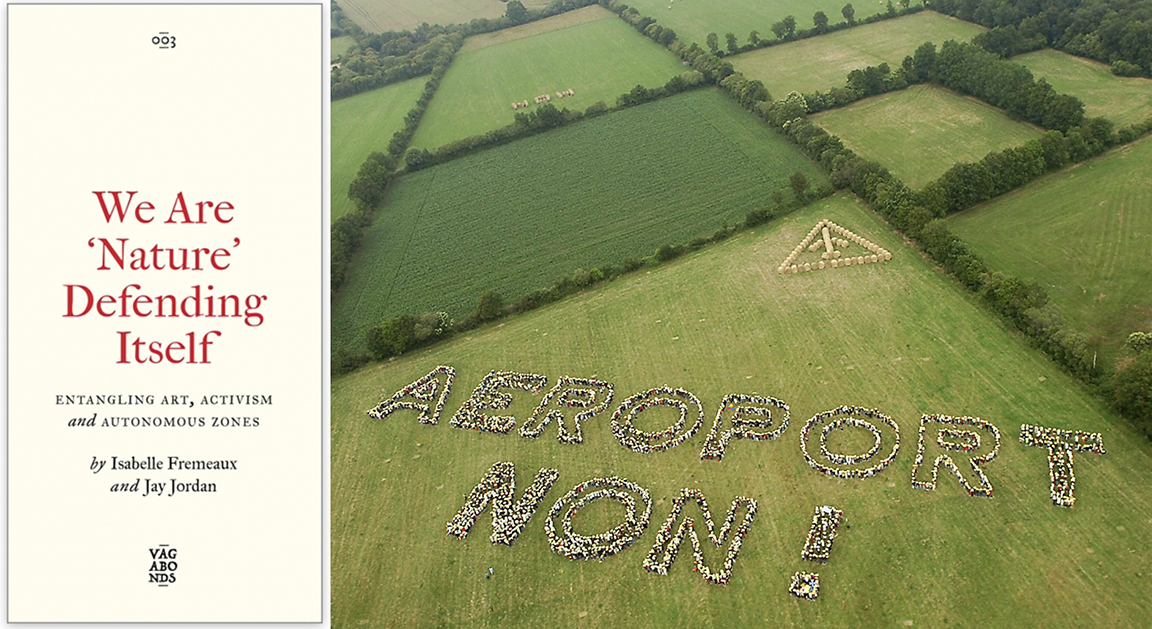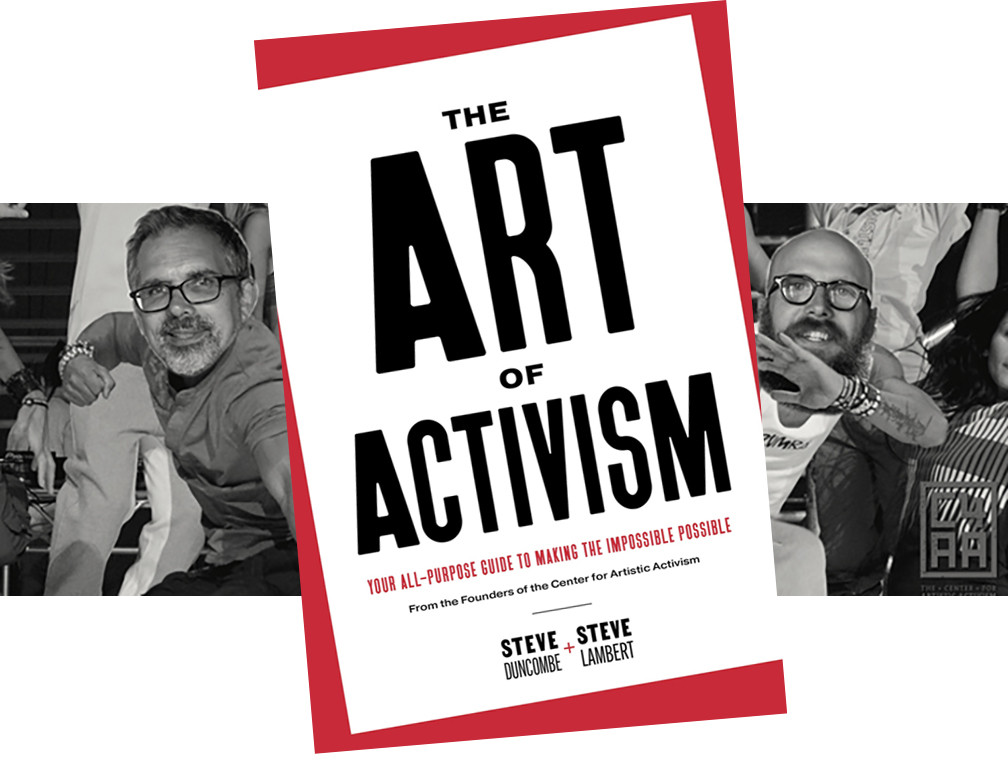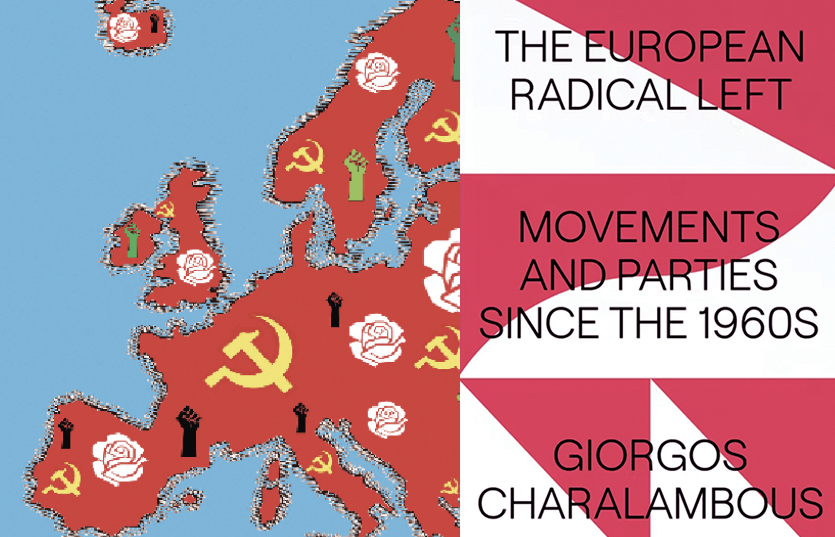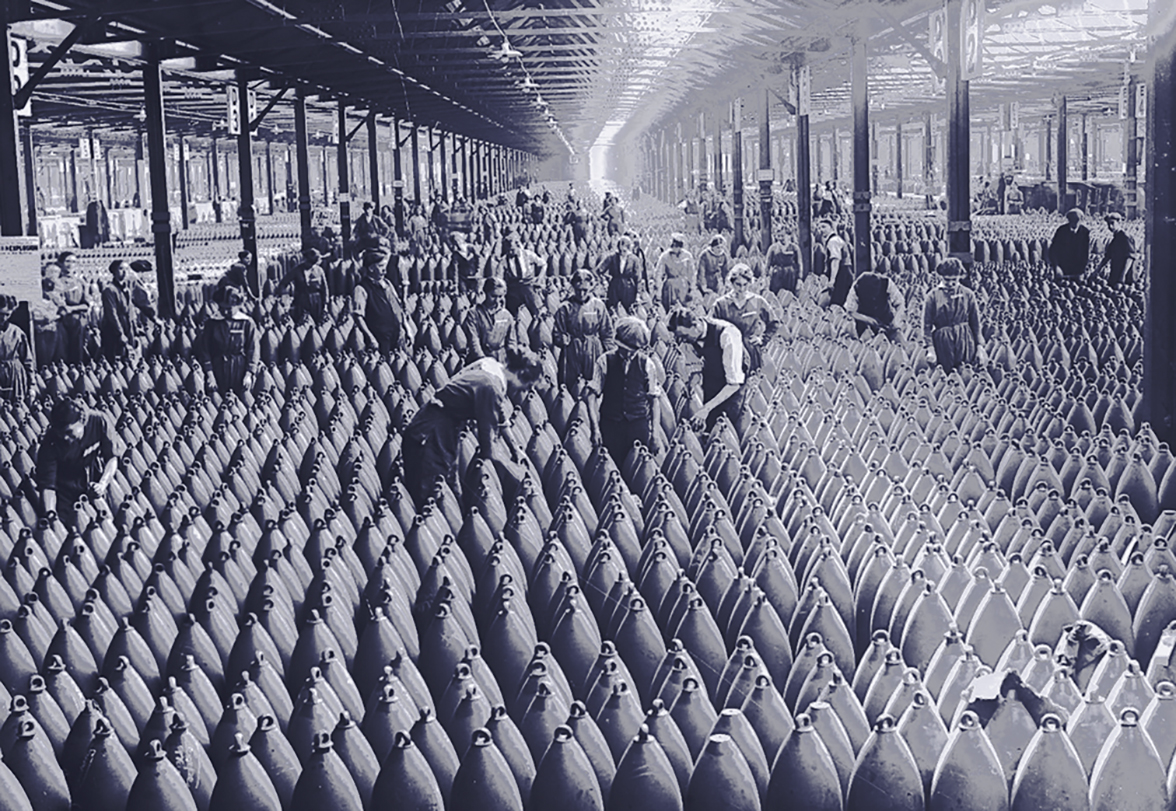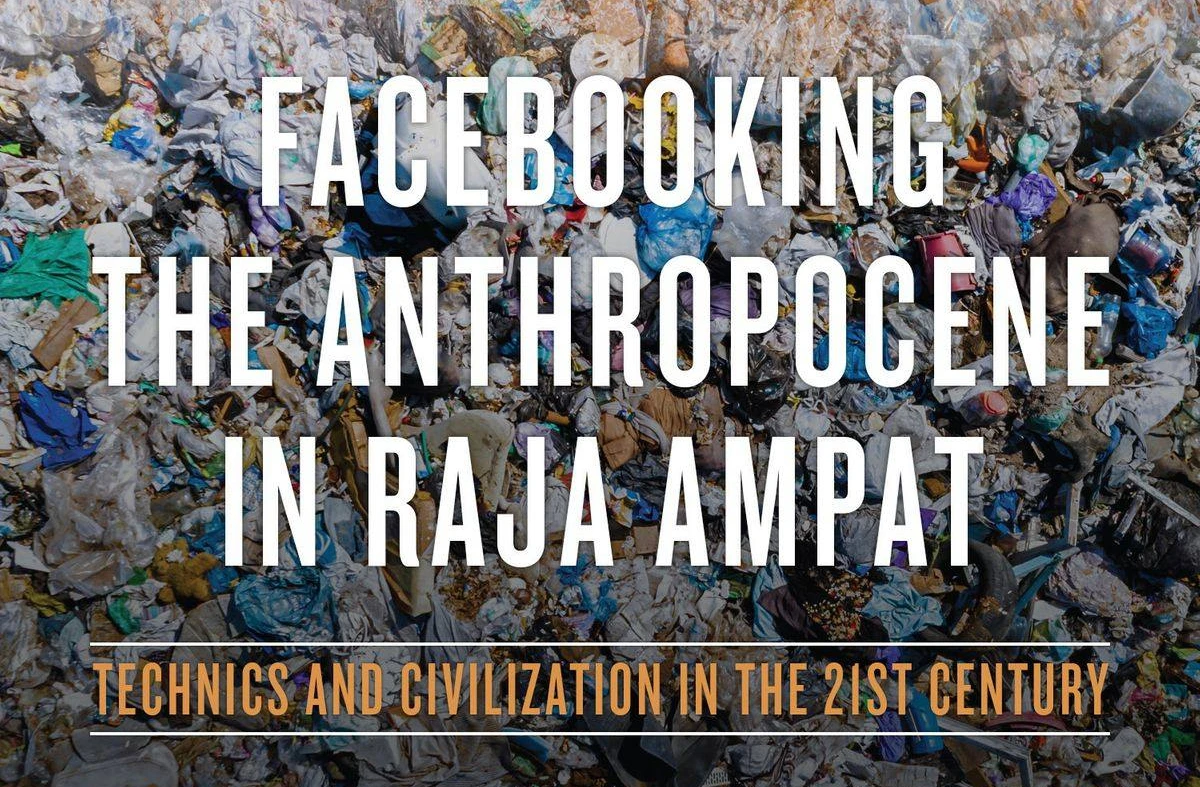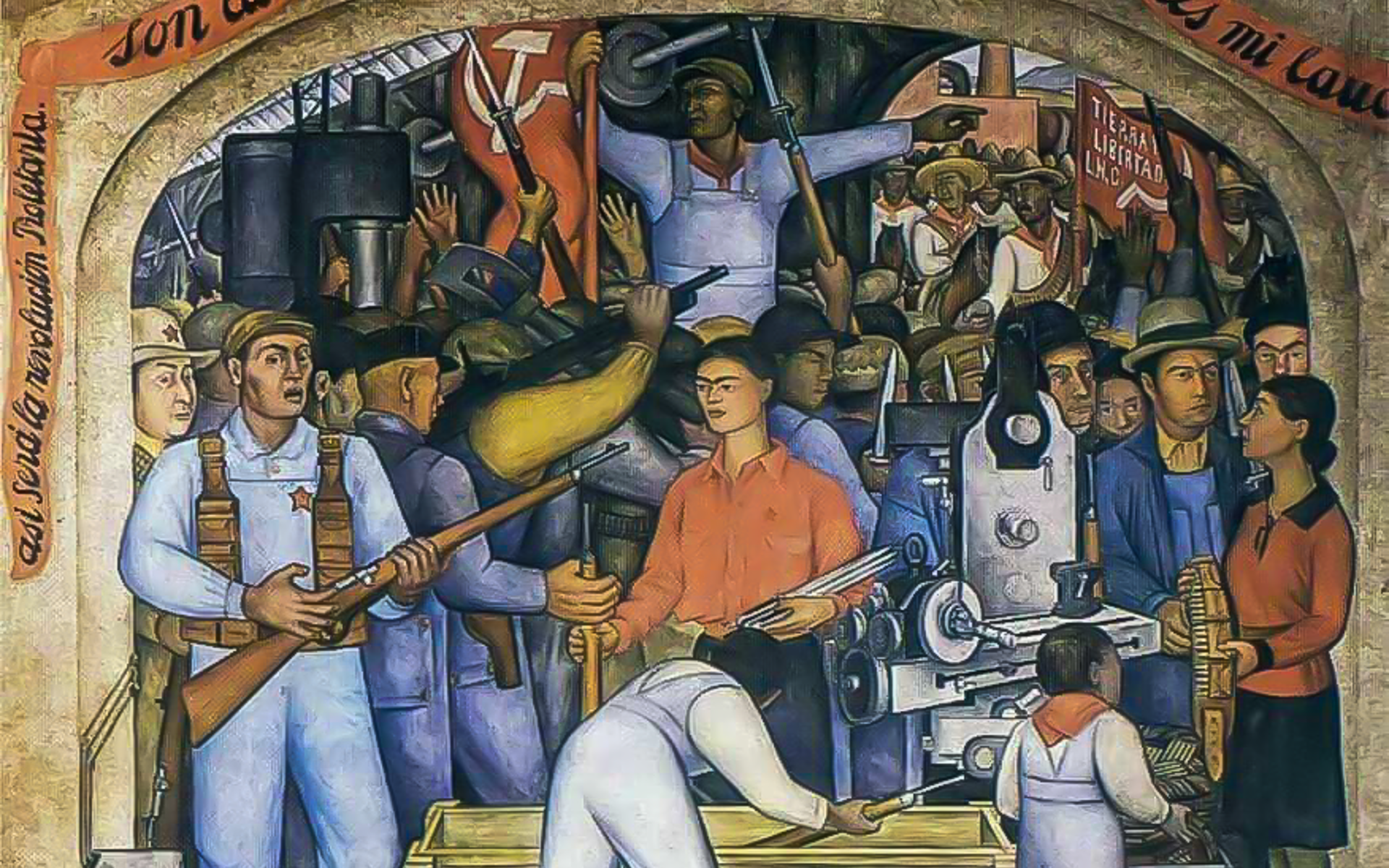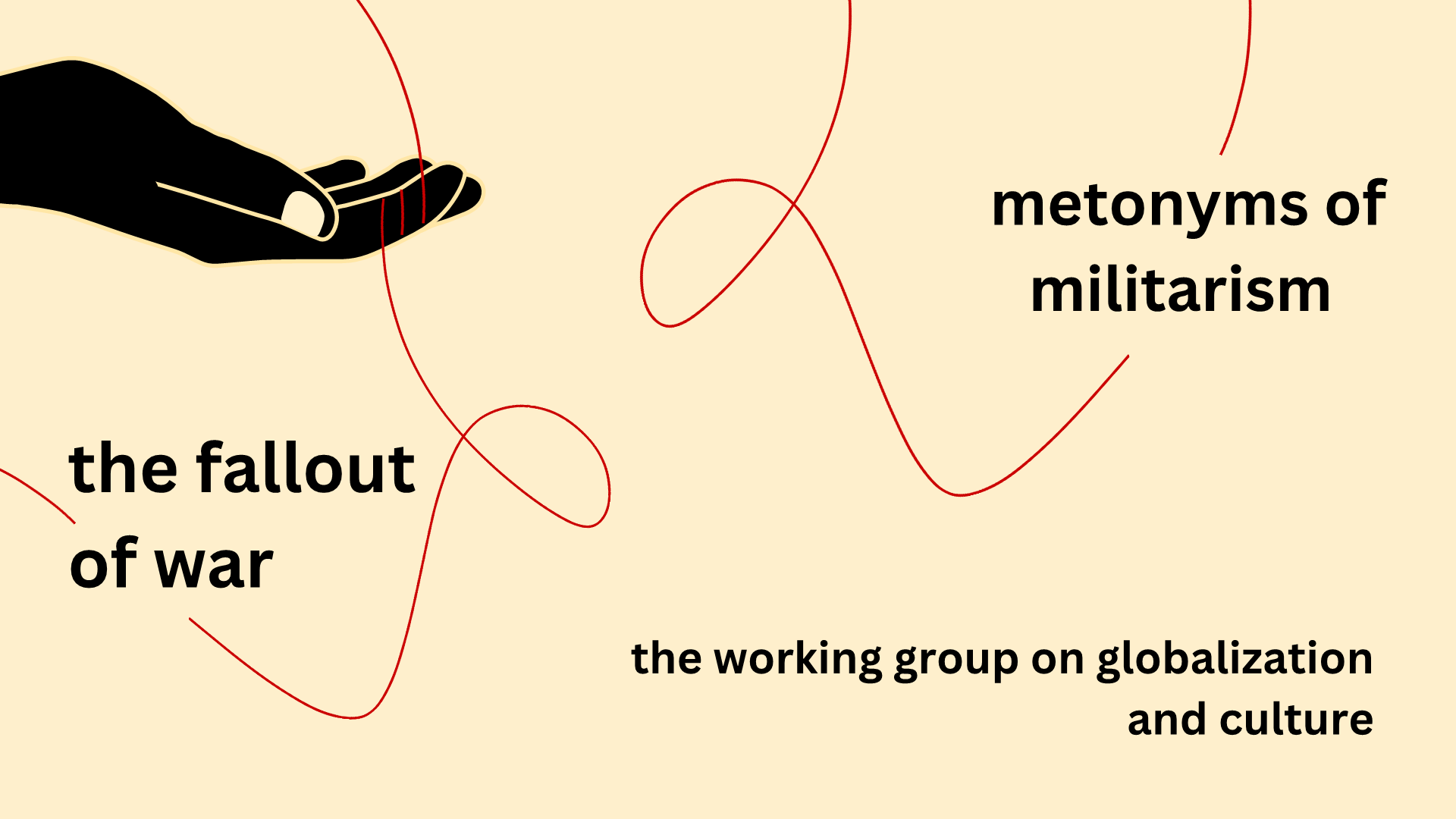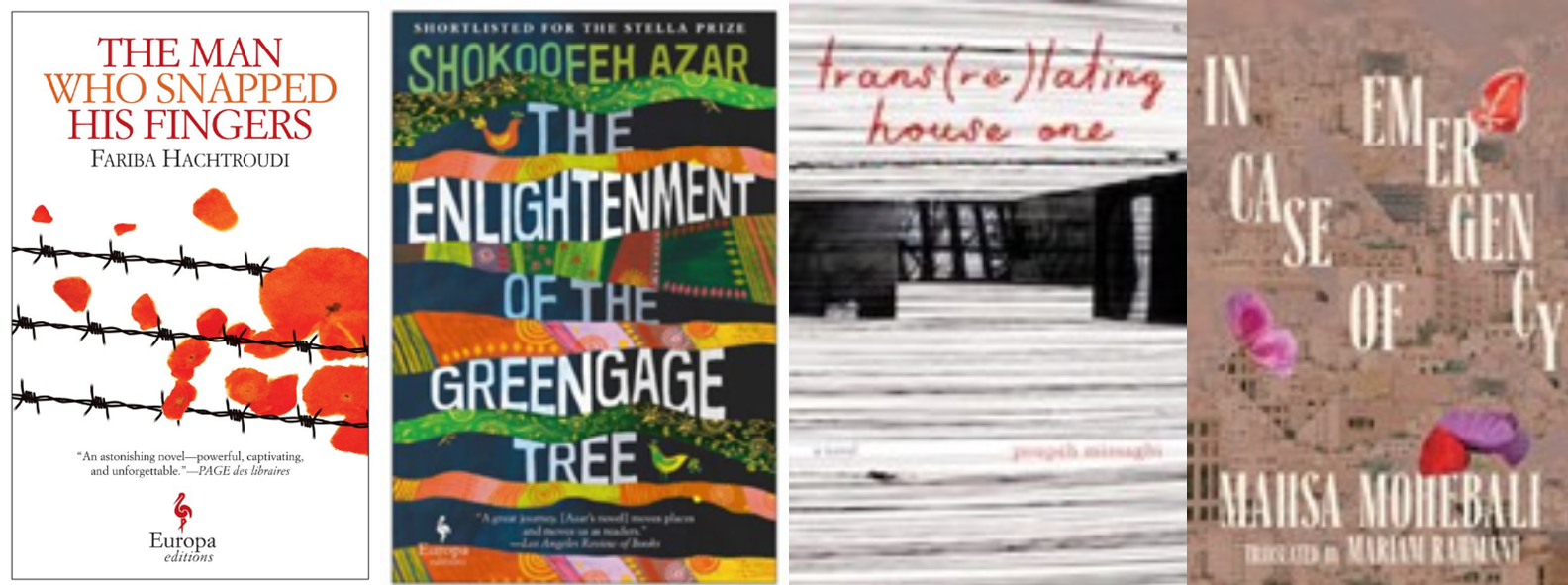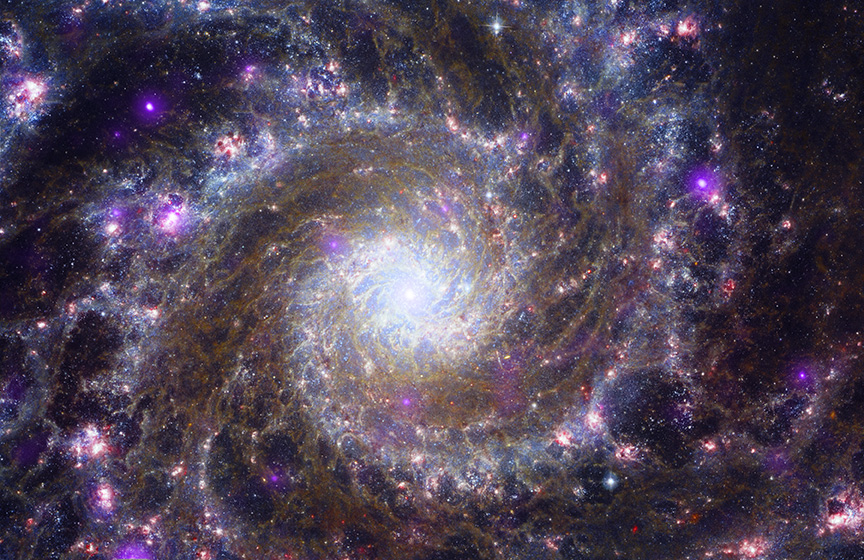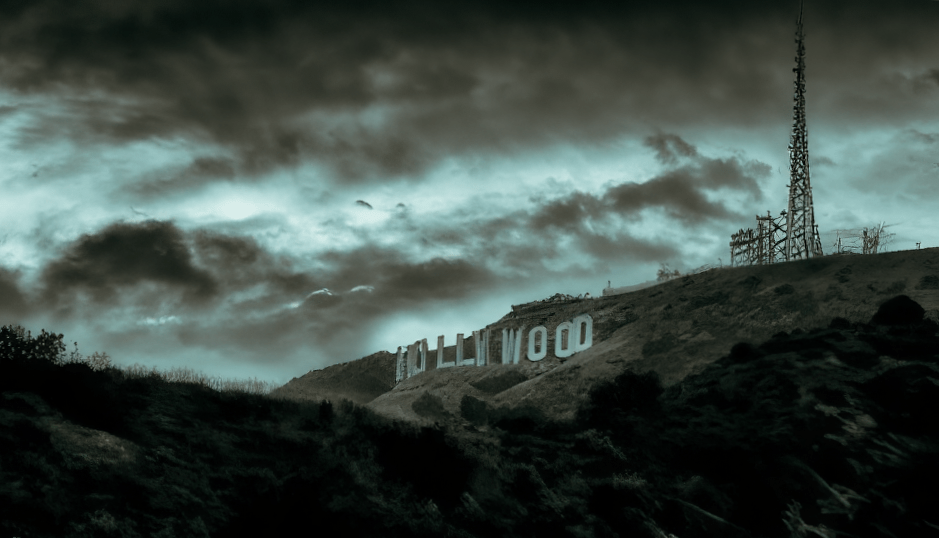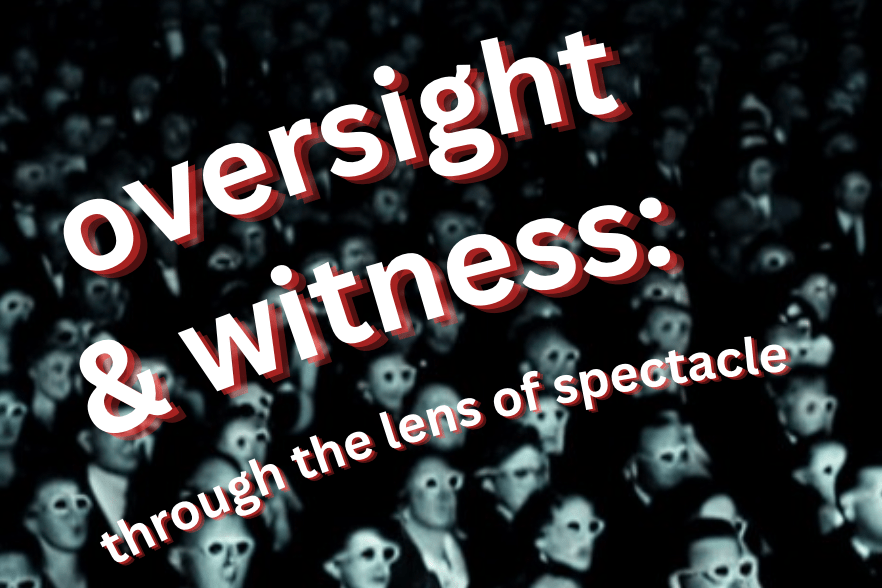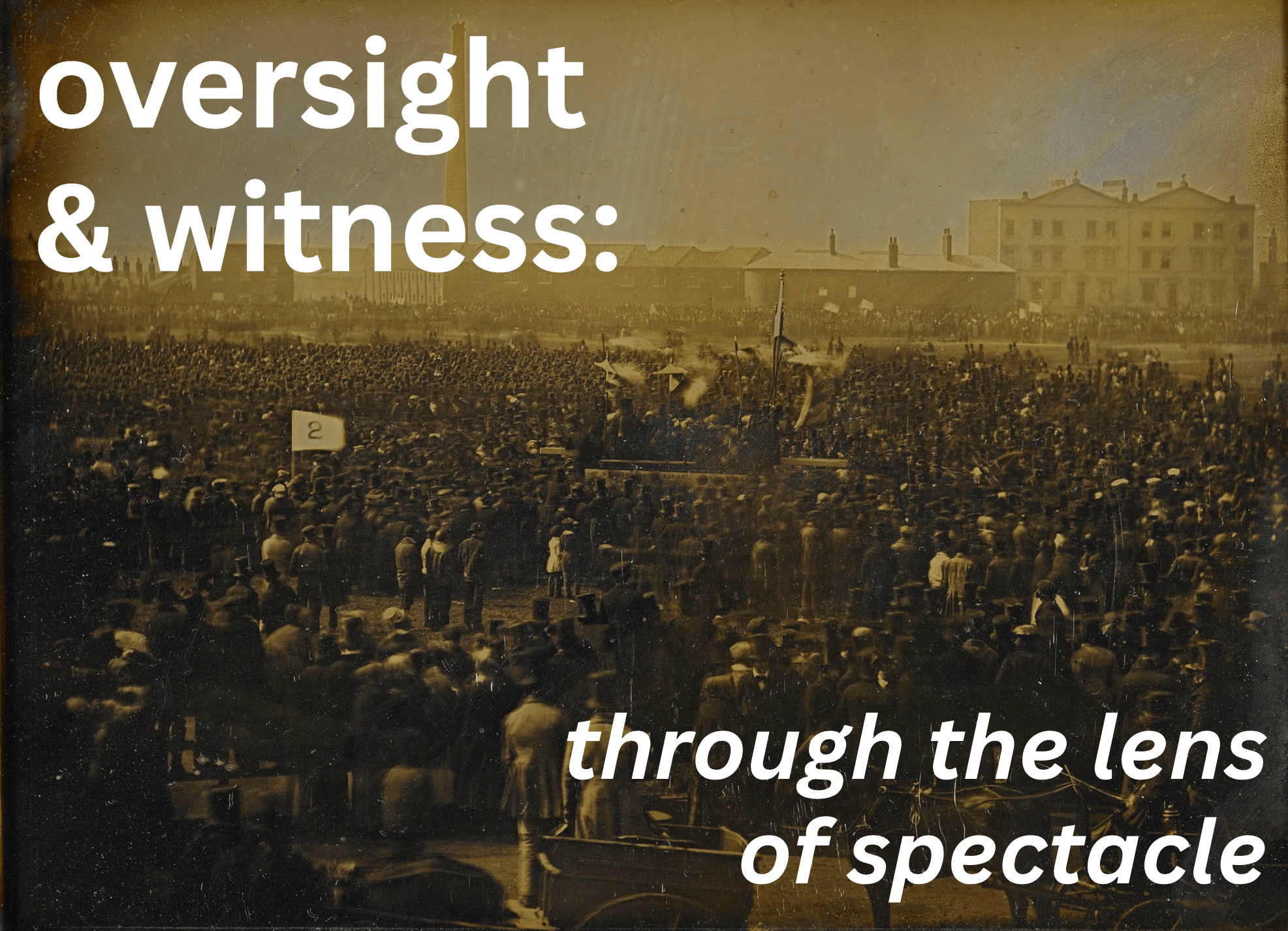Art and politics
We Are “Nature” Defending Itself: Entangling Art, Activism and Autonomous Zones
Online: Zoom link will be provided to registered participantsChronicles the story of the ZAD (zone to defend), a resistant land occupation emerging out of a decades-long struggle which stopped a new airport project. Fremeaux and Jordan blend rich eyewitness accounts with theory, inspired by a diverse array of approaches, from neo-animism to revolutionary biology, insurrectionary writings and radical art history.
The Art of Activism
THE ART OF ACTIVISM brings together the authors’ extensive practical knowledge—gleaned from over a decade’s experience training activists around the world—with theoretical insights from fields as far-ranging as cultural studies and cognitive science.
The European Radical Left: Movements and Parties Since the 1960s
With a unique 'two-level' perspective, Giorgos Charalambous approaches the left through both social movements and party politics, looking at identities, rhetoric and organization, and bringing a fresh new approach to radical history, as well as assessing challenges for both activists and scholars.
Never-Ending War!: Novels on Conflict, Resistance and Resilience
“Fiction gives us empathy: it puts us inside the minds of other people, gives us the gifts of seeing the world through their eyes. Fiction is a lie that tells us true things, over and over.” – Neil Gaiman
The Marxist Education Project Lit reading group revisits some literary classics along with contemporary novels that are prescient and compelling –challenging us to think about our understanding of history and how we will confront the present moment.
Facebooking the Anthropocene with Bob Ostertag
Video available: https://youtu.be/EG2B_Vf1KZY
Bob Ostertag's new book, Facebooking the Anthropocene in Raja Ampat: Technics and Civilization in the 21st Century, offers a deeply intimate portrait of the cataclysmic shifts between humans, technology, and the so-called natural world. Amid the breakneck pace of both technological advance and environmental collapse, he explores how we are changing as fast as the world around us—from how we make music, to how we have sex, to what we do to survive, and who we imagine ourselves to be. And though the environmental crisis terrifies and technology overwhelms, Ostertag finds enough creativity, compassion, and humor in our evolving behavior to keep us laughing and inspired as the world we are building overtakes the world we found.
Video available at https://youtu.be/EG2B_Vf1KZY
Woman, Life, Freedom: Iran through the Lens of Antonio Gramsci
Juxtaposing documentary video footage with selected readings from Antonio Gramsci's Prison Notebooks, we will deepen our understanding of the current uprising among women and young people in Iran. Applying Gramsci's dual perspective on Individuality/Universality, Hegemony/Authority, Force/Consent, Terror/Legitimacy, Strategy/Tactic, Agitation/Propaganda, and State/Civil Society, we will examine spontaneous movements, subaltern groups, and the balance of domestic and international forces. Convened and facilitated by Piruz Alemi.
Arise! The Mexican Revolution’s Global Impact
Online: Zoom link will be provided to registered participantsThe Mexican Revolution catalyzed international radicals in unexpected sites and struggles. Christina Heatherton's book Arise! reveals how activists around the world found inspiration and solidarity in revolutionary Mexico.
The Fallout of War: Metonyms of Militarism
Recording available on YouTubeVideo available at https://youtu.be/h0dYxI2zDoY
In the second of two linked sessions, the Yale Working Group on Globalization and Culture presents their collective research on a keyword of contemporary cultural studies - war - and investigates its many valences as lived reality and as metaphor. Taking account of war as constitutive of the present, the working group explores war's myriad meanings.
Iran Awakening II: More Novels by Iranian Women
Online: Zoom link will be provided to registered participantsThe spring 2023 series of the MEP Literature Group continues to focus on Iranian women writing since the 1978-79 Revolution whose stories are set inside Iran.
“We’re Going on an Adventure”: Summer Visionary Fiction
The MEP's Science and Visionary Fiction Reading Group will read Adrian Tchaikovsky's Children of Ruin this summer. The catchphrase, "We're going on an adventure," signals the novel's overlapping themes of contemporary significance--desperate efforts to escape war and corporate destruction on Earth, species-level competition to make new homes elsewhere, and the varieties and the social significance ... Read more
Summertime … and the Living Ain’t Easy: Black Noir
Online: Zoom link will be provided to registered participantsThe Marxist Education Project's Literature Group continues its summertime tradition of reading noir fiction: the popular American crime genre that explores the corruption of society - and, in our selected books by Chester Himes, Walter Mosley, Attica Locke, and Bill Fletcher Jr. - corruption in the workplace, in unions, and among workers.
Bertolt Brecht’s Anti-Capitalist Aesthetics
Recording available on YouTubeAnthony Squiers presents an overview of Brecht’s revolutionary Marxist aesthetic and examine its usefulness as a weapon in today's struggles.
Darkest Los Angeles
Institute for the Radical Imagination NY, United StatesDennis Broe leads a group reading of his five Los Angeles novels set in the film-noir period of the late 1940s and early 1950s. The contradictions we will unearth in that postwar period, the period of crime films that visually documented this seedy reality, have never been resolved, only continually papered over, and so they resound today.
Through the Lens of Spectacle: Panel 1, Oversight
Online: Zoom link will be provided to registered participants“The spectacle is the bad dream of modern society in chains, expressing nothing more than its wish for sleep,” Guy Debord declared in The Society of the Spectacle (1967): it is “a permanent opium war.” A half-century later, the specter of the spectacle continues to haunt Marxist cultural studies. In two linked panels, the Yale Working Group on Globalization and Culture proposes to track “the worldwide division of spectacular tasks” from lens manufacture to retail logistics, stadiums to camptowns, polar expeditions to spring festivals, as well as revolutionary specters in novels and borders, assassinations and squares.
Through the Lens of Spectacle: Panel 2, Witness
Online: Zoom link will be provided to registered participants“The spectacle is the bad dream of modern society in chains, expressing nothing more than its wish for sleep,” Guy Debord declared in The Society of the Spectacle (1967): it is “a permanent opium war.” A half-century later, the specter of the spectacle continues to haunt Marxist cultural studies. In two linked panels, the Yale Working Group on Globalization and Culture proposes to track “the worldwide division of spectacular tasks” from lens manufacture to retail logistics, stadiums to camptowns, polar expeditions to spring festivals, as well as revolutionary specters in novels and borders, assassinations and squares.

